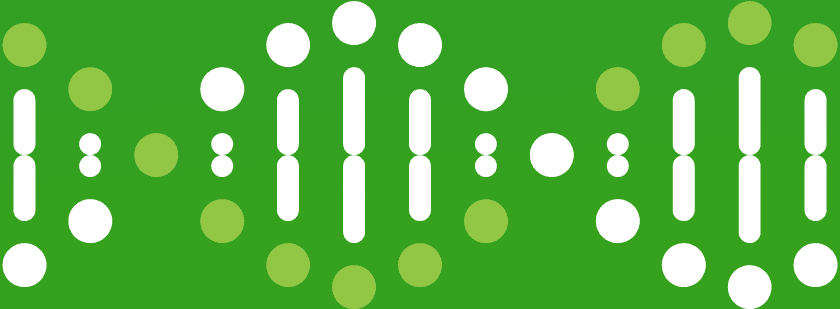A new study involving participants in 23andMe’s Parkinson’s Disease Community, offers hope for the future of telemedicine and the ability of clinicians to quickly and accurately assess and recruit patients for research and clinical trials.

This is particularly good news for patients far removed from medical research hubs or who have a debilitating condition, like Parkinson’s, that can make travel difficult if not impossible.
Lead author of the paper, Ray Dorsey at University of Rochester, said he has always been optimistic regarding the effectiveness of telemedicine and self-assessment, but he was pleasantly surprised by how well it worked in this study.
While studies have looked at “remote assessment” for clinical evaluations or probed the ability of people to self-assess their symptoms using such tools as 23andMe’s self-reported data, this study, published in the journal Digital Health, looks at both.
23andMe has the world’s largest cohort of genotyped Parkinson’s patients and depends in part on self-assessment in collecting data for research.
Although it was a small study, the work offers a glimpse at how these two important processes – self-assessment and remote assessment – could work together to streamline recruitment for research, making it more affordable, faster and less onerous on participants. More than three-quarters of participants in this study completed a post-assessment survey, and 87 percent said they would be more or much more willing to participate in future clinical trials if they could do it remotely.

“This approach lays the foundation for larger scale, broader scope studies that can target genetic sub-populations of different disorders and foster partnerships between consumer genetics companies, pharmaceutical firms, academic institutions, and patient communities,” according to the paper.
Co-author Emily Drabant Conley, PhD, director of 23andMe’s business development, said this study offers a test case for some of the work 23andMe has already been doing in certain disease communities. Emily, who spent several years working directly with the Parkinson’s community, said she’s most excited by how this approach could be applied to other conditions being studied by 23andMe researchers.
“This study extends these disruptive models for clinical research,” Emily said. “It lays the foundation for expanding participation in clinical research by leveraging genotype data for patient selection and remote assessment to make participation more convenient.”



